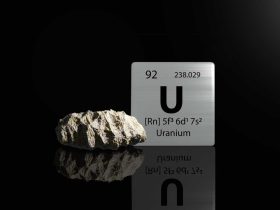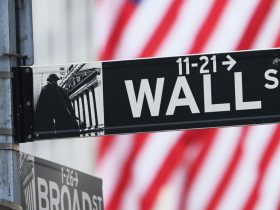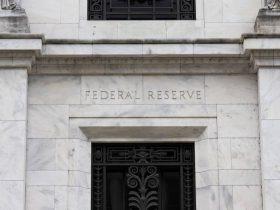Topline
Chinese electric vehicle giant BYD is a wiser investment than its American counterpart Tesla, Bernstein analysts contended in a Monday research note, laying out a case for the peers’ valuations to converge and maintaining its pessimistic outlook for Tesla following the Elon Musk-led firm’s 120% share price surge in 2023.
Key Facts
Bernstein’s Toni Sacconaghi and Eunice Lee said they “struggle to bridge” the valuation gap between Tesla (about $730 billion market capitalization) and BYD ($84 billion market cap) considering the companies’ comparable revenue, EV sales and profits.
Tesla has enjoyed a massive stock rally despite a year-to-date decline in earnings, while BYD shares are up just 12% this year as its profits more than doubled, a perhaps surprising movement fueled by market optimism in Tesla’s ability to grow outside of cars, a narrative largely dismissed by Bernstein as justification for the massive difference in valuation.
The analysts, who have consistently been among the most bearish on Tesla, correspondingly set a $150 price target for Tesla shares and $46 price target for BYD, implying about 40% downside for Tesla and 60% upside for BYD, questioning why the companies in “opposite directions” of growth are still trading at starkly different levels.
“In the long term, valuations matter, and, based on fundamentals, valuations between Tesla and BYD are more likely to converge than diverge,” Sacconaghi and Lee wrote.
Key Background
Berkshire Hathaway, the massive, value-hungry American investment firm backed by billionaire Warren Buffett, owns 8% of BYD shares listed on the Hong Kong Stock Exchange, according to FactSet data, though the firm has significantly trimmed its stake in BYD over the past 15 months. Tesla’s 435 million global EV deliveries during 2023’s third quarter narrowly topped BYD’s 432 million. The companies’ top and bottom lines are further apart, as Tesla has raked in $72 billion of year-to-date revenue and $7.1 billion of net income this year, compared to BYD’s respective marks of $59 billion and $3 billion. China is a crucial market for Tesla, accounting for 22% of all revenue this year, while the battle for market share in the country has spurred Tesla to cut the price of many of its vehicle models, an unpopular move for profit-hungry investors.
Contra
Bernstein’s rating on Tesla remains far below the average analyst target of $239, about 2% above Tesla’s $234 share price Monday. Much of the rationale for Tesla bulls stems not from optimism in the company’s core EV business, but from the belief that the company’s sum-of-the-parts valuation will skyrocket as other efforts such as its battery charging and controversial autonomous driving units drive growth. “Long term, we think Tesla’s AI value may be under, not over, appreciated,” buy-rated Canaccord Genuity analyst George Gianarikas wrote last month.
Read the full article here













Leave a Reply